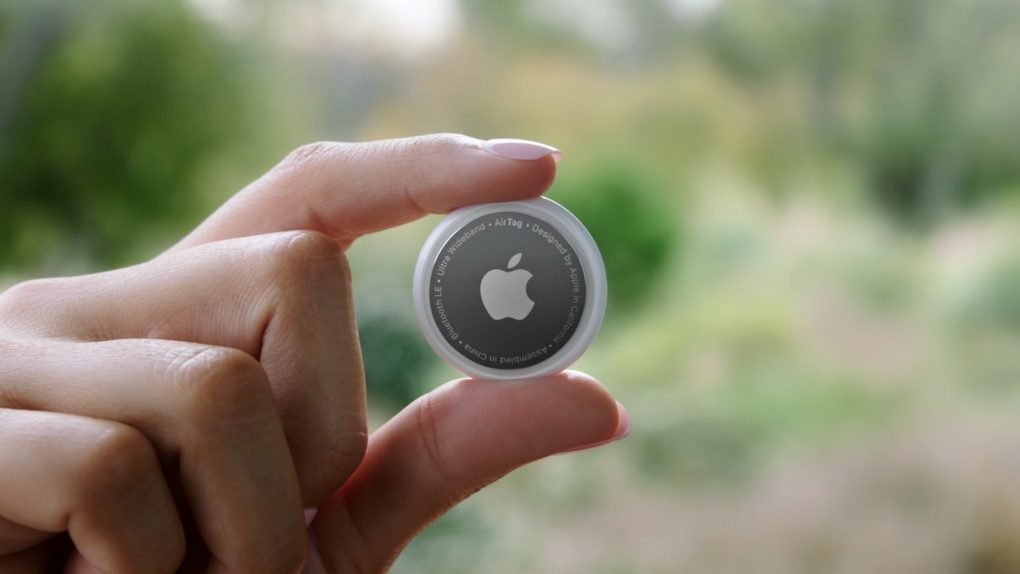Over the last year, if not longer, we’ve seen an endless stream of rumors pointing to Apple releasing a tracking device designed to compete with the popular Bluetooth-enabled trackers from Tile. And this week, at the company’s Spring Loaded event, Apple officially introduced the world to AirTag.
As you might expect, AirTag can be attached to any number of items like handbags, wallets, backpacks, and luggage and tracked via an accompanying iPhone. Apple also notes that “AirTag taps into the vast, global Find My network and can help locate a lost item, all while keeping location data private and anonymous with end-to-end encryption.”
While Apple’s AirTags make it convenient to keep track of personal items, the trackers themselves naturally introduce any number of privacy concerns. Imagine, for example, person A attaching an AirTag to person B’s backpack without their knowledge. Person A would subsequently be able to track the location of Person B without their knowledge.
Not surprisingly, Apple has made it quite easy to prevent this from happening. As Apple notes in a recently published support document, AirTag was designed to prevent unwanted tracking:
To discourage tracking without your knowledge, Find My will notify you if an unknown AirTag is seen moving with you over time. An AirTag that isn’t with the person who registered it for an extended period of time will also play a sound when moved so you can find it, even if you don’t use an iOS device.
If you find yourself in the scenario above and receive a message that reads “AirTag Found Moving With You”, Apple relays that you should do the following:
- Tap the message.
- Tap Continue. If you need help finding the AirTag, tap Play Sound.*
- If the AirTag is attached to an item you’re borrowing, you can tap Pause Safety Alerts to turn off “AirTag Detected” notifications for one day. If you’re borrowing an AirTag from a member of your Family Sharing group, you can turn off Safety Alerts for one day or indefinitely.
- You can tap Learn About This AirTag to see its serial number if the owner marked it as lost.
- To disable the AirTag and stop sharing your location, tap Instructions to Disable AirTag and follow the onscreen steps. If you feel your safety is at risk, contact your local law enforcement who can work with Apple. You might need to provide the AirTag or its serial number.
Incidentally, Tile was none too pleased with Apple’s AirTag introduction. Following Apple’s media event, Tile CEO CJ Prober issued the following statement:
We welcome competition, as long as it is fair competition. Unfortunately, given Apple’s well-documented history of using its platform advantage to unfairly limit competition for its products, we’re skeptical. And given our prior history with Apple, we think it is entirely appropriate for Congress to take a closer look at Apple’s business practices specific to its entry into this category.
Apple, in response, provided the following statement to TechCrunch:
We have worked from the very beginning of iPhone to help protect the privacy of users’ location data, giving them transparency and control over how all apps may access and share their location. Apple created Find My over a decade ago to help users locate and manage lost devices in a private and secure way. Since then, we have expanded Find My to help users keep tabs on the other important things in their life — from sharing location with friends and family members, to locating third-party products like Van Moof bikes and Chipolo item finders. We have always embraced competition as the best way to drive great experiences for our customers, and we have worked hard to build a platform in iOS that enables third-party developers to thrive.
AirTags will arrive in stores on April 30 and can be purchased individually for $29 or in a 4-pack for $99.







